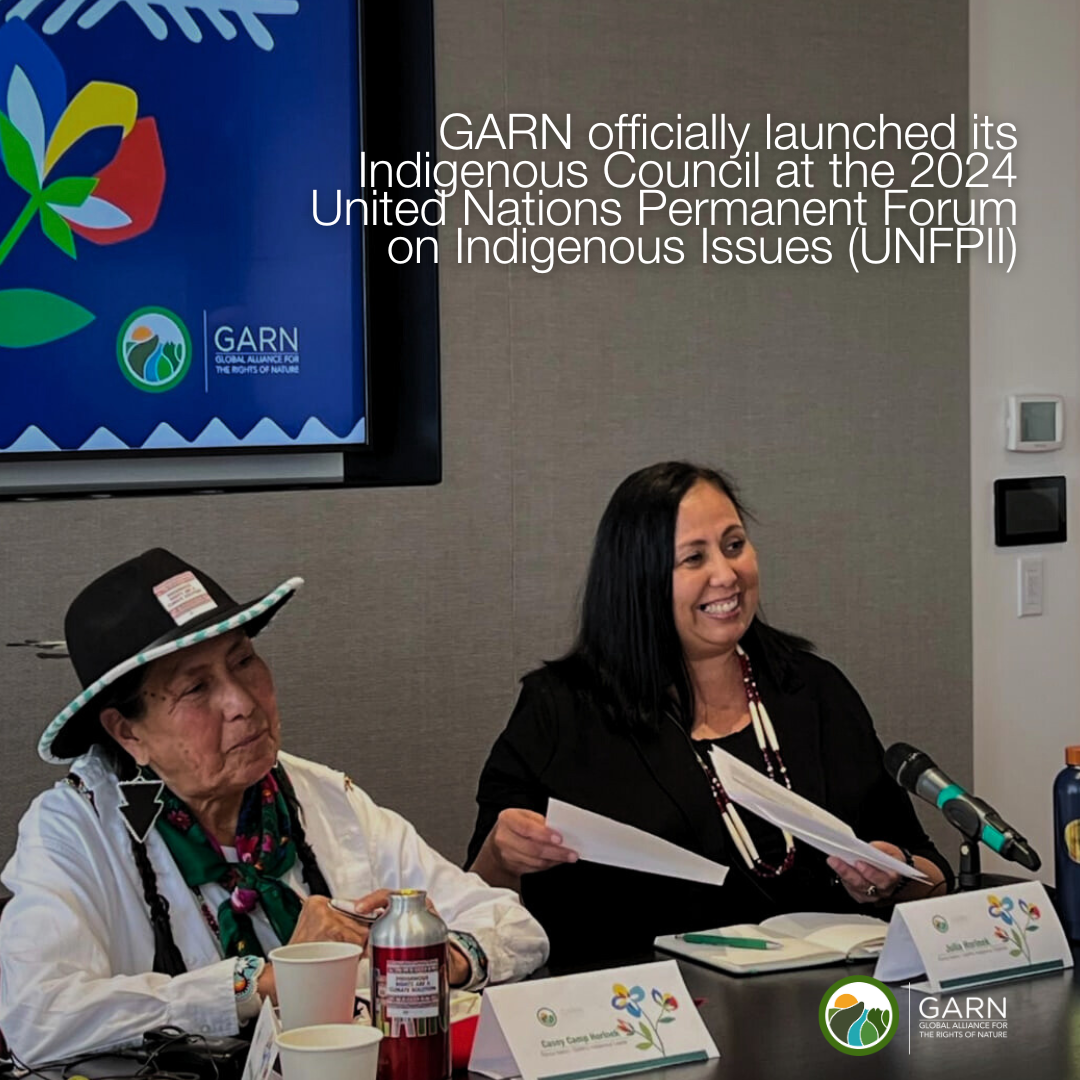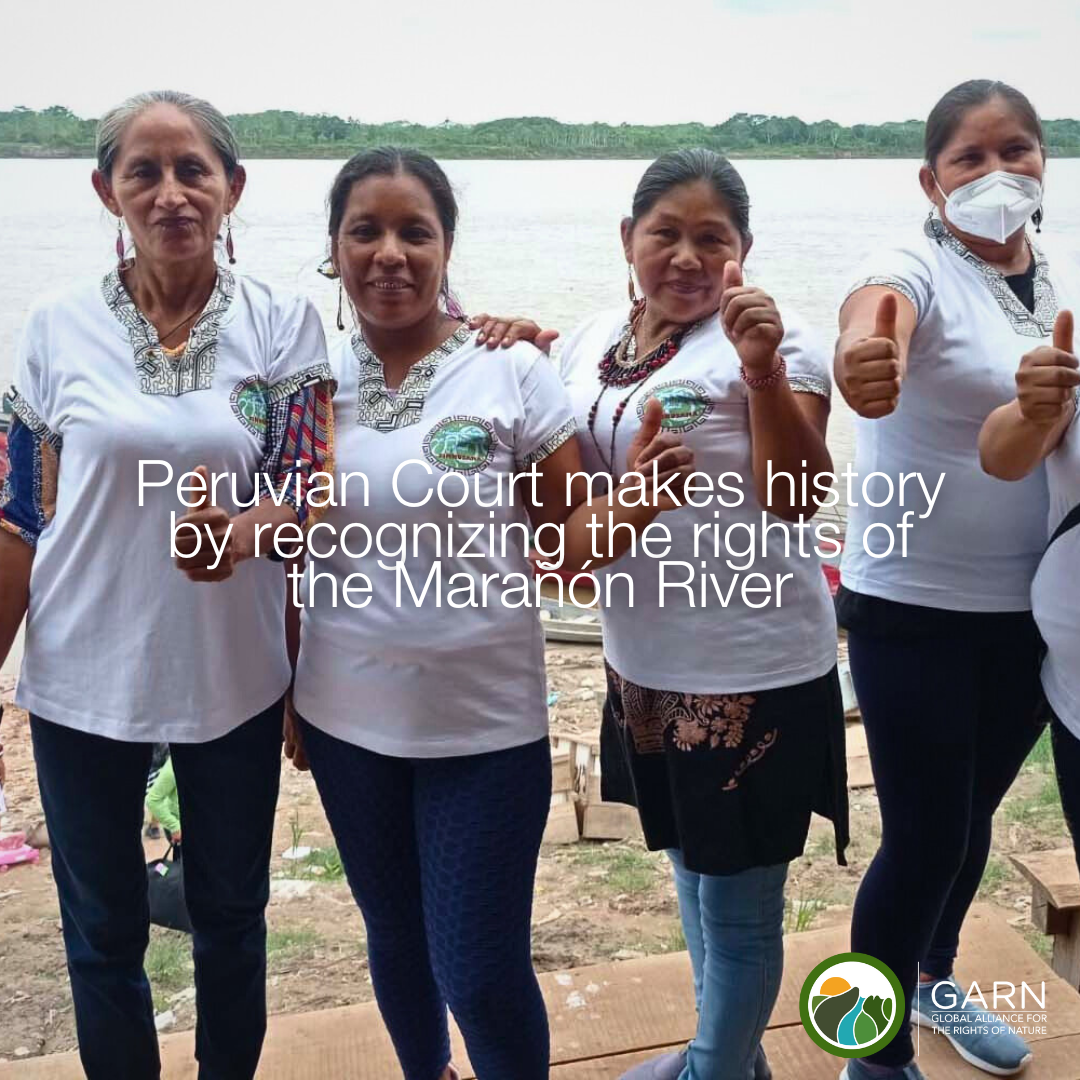(English below)
El 4 de julio de 2021 se inició la Convención Constitucional de Chile con el fin de reescribir la Constitución Chilena, adoptada en 1980 durante la dictadura militar, según el plebiscito nacional de octubre de 2020. Esta nueva constitución —la cual está siendo debatida y redactada— supone una esperanza para un futuro con leyes más justas y acordes con la realidad Latinoamericana, no solo para Chile, sino para el continente entero, y por lo tanto en este momento es imperativo hacer todo lo posible para asegurar que el documento final refleje los cambios profundos y necesarios que se proponen.
Entre los cambios más monumentales que se debatirán está el reconocimiento de los Derechos de la Naturaleza, lo cual sería una victoria considerable para la protección de la Naturaleza en Chile, superando las limitaciones de la ley ambiental tradicional en un país donde la este tipo de legislación no ha logrado detener los daños causados por la minería de litio, el abuso corporativo, la salmonicultura insostenible, y otras actividades extractivistas. Más allá del impacto que este reconocimiento podría tener a nivel nacional, también sería un hito para los Derechos de la Naturaleza en todo el mundo, ya que Chile sería el segundo país en adoptarlos, después del Ecuador.
La Convención se encuentra debatiendo la constitución tema por tema. Con el fin de impulsar el proceso constituyente en Chile, y sobre todo proponer el reconocimiento de los Derechos de la Naturaleza dentro de este proceso, la Alianza Global por los Derechos de la Naturaleza, en alianza con su hub latinoamericano, el Tribunal Internacional por los Derechos de la Naturaleza, y la ONG FIMA, realizará un proyecto de apoyo como sociedad civil, el cual consistirá en una delegación presencial.
Esta delegación viajará a Chile del 28 de febrero al 8 de marzo para hacer intervenciones de naturaleza pública y también otras dirigidas explícitamente a la Convención, y estará conformada por expertos en ley y en Derechos de la Naturaleza, incluyendo algunos de quienes escribieron los artículos correspondientes en la constitución Ecuatoriana, y quienes han promovido otras leyes sub-nacionales acerca de los Derechos de la Naturaleza en países como Argentina, Bolivia y Ecuador. Se realizarán acciones con aliados chilenos que buscan la promoción de los derechos de la naturaleza y su reconocimiento en la nueva Constitución chilena.
On July 4, 2021, Chile’s Constitutional Convention started working with the purpose of rewriting the Chilean Constitution, adopted in 1980 during the military dictatorship, according to the national plebiscite of October 2020. This new constitution -which is being debated and drafted- represents a hope for a future with fairer laws in accordance with the Latin American reality, not only for Chile, but for the entire continent, and therefore at this time, it is imperative to do all that is possible to ensure that the final document reflects the profound and necessary changes that are proposed.
Among the most monumental changes to be discussed is the recognition of the Rights of Nature, which would be a considerable victory for the protection of Nature in Chile, overcoming the limitations of traditional environmental law in a country where such legislation has failed to stop the damage caused by lithium mining, corporate abuse, unsustainable salmon farming, and other extractivist activities. Beyond the impact that this recognition could have at the national level, it would also be a milestone for the Rights of Nature worldwide, as Chile would be the second country to adopt them in its Constitution after Ecuador.
The Convention is currently debating the constitution on an issue-by-issue basis. In order to promote the constitutional process in Chile, and especially to propose the recognition of the Rights of Nature within this process, the Global Alliance for the Rights of Nature, in alliance with its Latin American hub, the International Tribunal for the Rights of Nature, and the NGO FIMA, will carry out a support project as civil society, which will consist of an on-site delegation.
This delegation will travel to Chile from February 28 to March 8 to make interventions of a public nature as well as others explicitly directed at the Convention and will be made up of experts in law and the Rights of Nature, including some of those who wrote the corresponding articles in the Ecuadorian constitution, and who have promoted other sub-national laws on the Rights of Nature in countries such as Argentina, Bolivia, and Ecuador. Actions will be carried out with Chilean allies seeking the promotion of the rights of nature and their recognition in the new Chilean Constitution.




